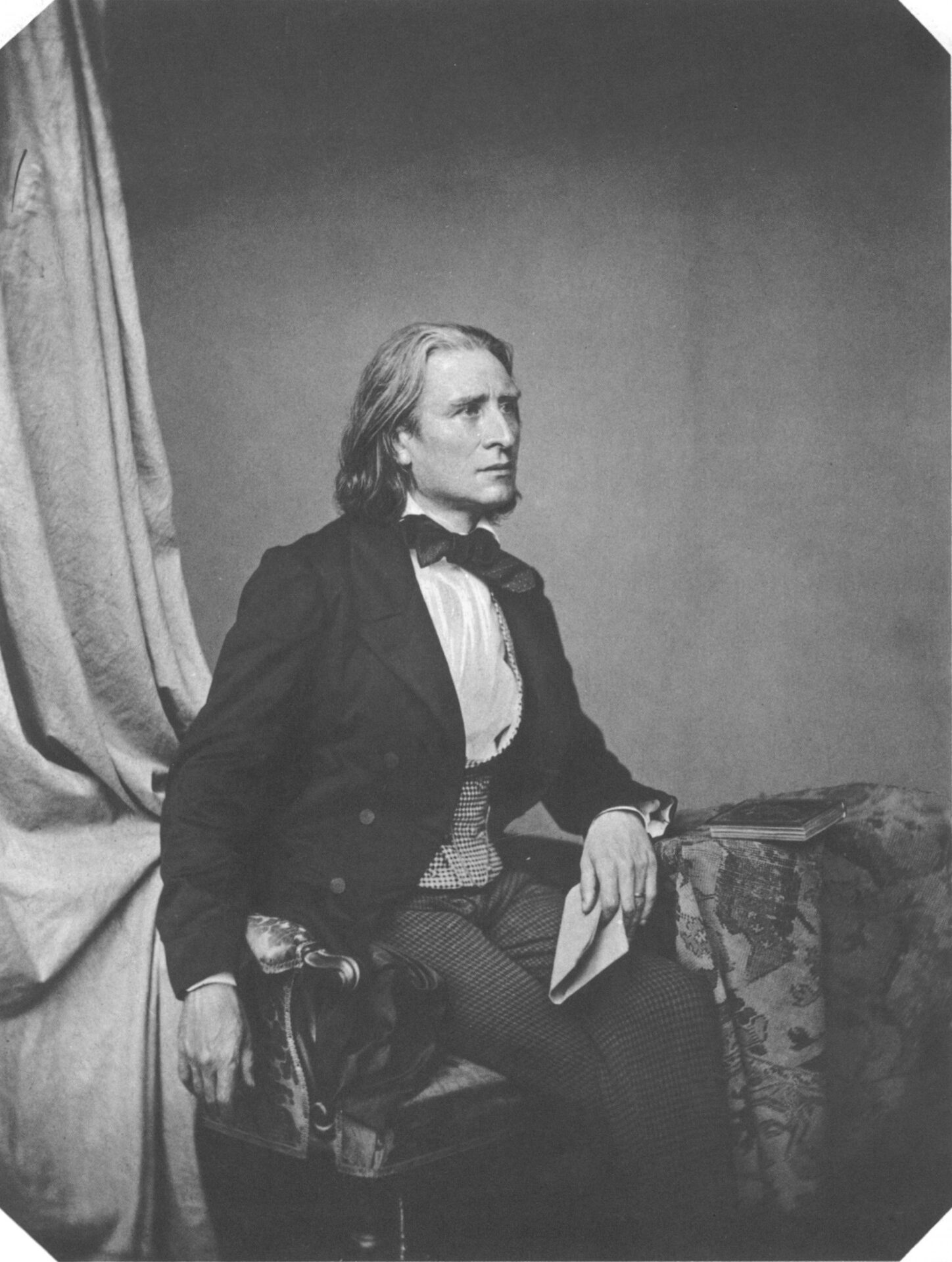Franz Liszt
Franz
Liszt
Composer, Pianist, Musician, Priest
Franz Liszt, Hungarian form Liszt Ferenc. Born October 22, 1811, Doborján, Kingdom of Hungary, Austrian Empire [now Raiding, Austria]. Died July 31, 1886, Bayreuth, Germany.
12 symphonic poems, 2 (completed) piano concerti, several sacred choral works, and a great variety of solo piano pieces.

About Franz Liszt
October 22, 1811 – July 31, 1886
Franz Liszt was a colossus of the nineteenth-century European Romanticism: a prolific, innovative and versatile composer of genius, one of the history’s greatest pianists, a conductor, an influential teacher, a writer and critic, a philosopher and an abbé, a philanthropist and a great advocate and supporter of many fellow musicians.
He was a true cosmopolitan figure whose influence on the development of the national European music schools in the second half of the nineteenth century, on the development of the new trends in late nineteenth century – early twentieth century musical styles, and on the future generations of composers and pianists, is hard to overestimate.